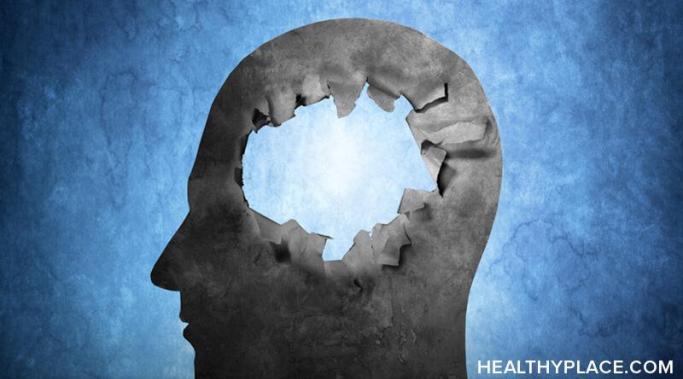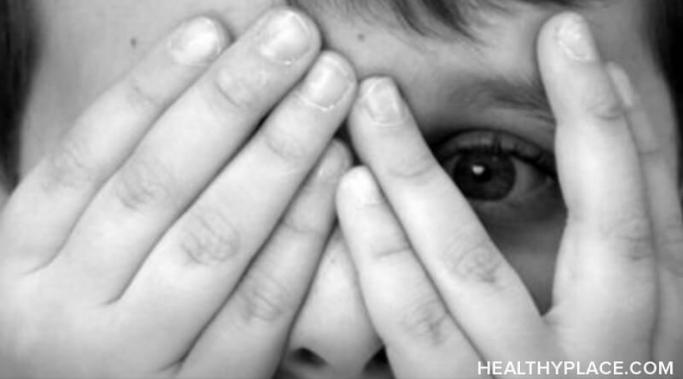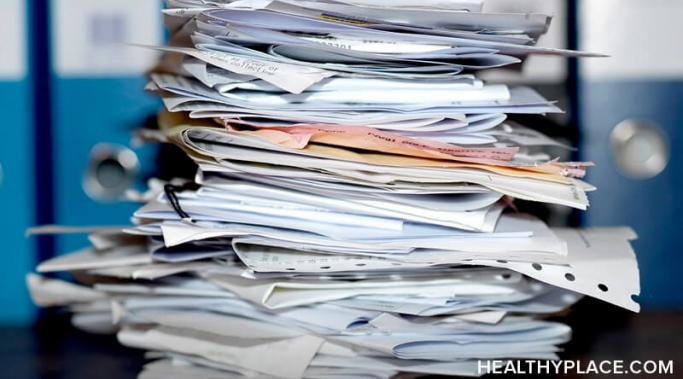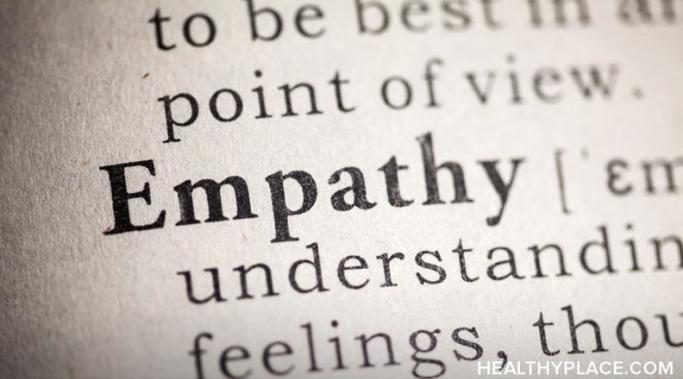The idea of status anxiety is one that has been gaining traction in the cultural landscape since the early 2000s. For those who are unaware, status anxiety is, more or less, exactly what the name suggests: feeling anxious because your financial or social standing is not where you want it to be.
Anxiety Management – Anxiety Schmanxiety
If you have high expectations for yourself, chances are those expectations are causing at least part of your anxiety. When we expect too much of ourselves, we push ourselves to "do" beyond what the human brain and body are supposed to be reasonably capable of. Maybe we sleep less. Or don't take the time to prepare and sit down to a healthy meal. Exercise might go by the wayside, and who has time to relax and read or enjoy a hobby? Sacrificing physically and mentally healthy living to meet demands and high expectations can cause significant anxiety and stress.
Disclosure is an important part of living with any mental illness, anxiety included. For those unaware, disclosure simply means letting the people in your life know that you are mentally ill. In a future post, I will share some more practical advice for when you disclose, but right now, I want to focus specifically on why I feel disclosing is so important, and why I feel everyone with mental illness should disclose.
Overcoming anxiety is a lot like learning how to tie shoelaces. Both are frustrating. Both require patience and perseverance. Accomplishing them feels triumphant. Once you've largely overcome anxiety, put on your shoes and tied your shoelaces, you're ready to go places. Grab your shoes, and let's look at how overcoming anxiety is like learning how to tie your shoes.
Can you really reduce social anxiety with mindfulness meditation? Social anxiety can be life-limiting, its negative effects filling people with seemingly constant fear and dread. You can indeed reduce social anxiety with mindfulness; however, it's a persistent and gradual process of meeting the root of this type of anxiety and creating a sense of calm rather than agitation. Let's look at how this happens and gain a mindfulness meditation to help reduce social anxiety.
Learned helplessness is a psychological concept I’ve been familiar with for a while, but had never, until recently, thought to apply it to anxiety. It is most commonly framed in terms of depression, but as I’ve given it more thought, the concept can very easily be carried over to anxiety and may provide insight as to why it can be so difficult to pick yourself up when things get really bad.
Imagine weakening panic attacks and anxiety attacks simply by being nice to yourself, also known as practicing self-compassion. Both panic attacks and anxiety attacks are intense experiences of severe anxiety that effectively paralyze people, trapping them in severe physical, emotional, and cognitive discomfort. These whole-being strikes are disruptive to life and painful to experience. While often severe, meeting panic attacks and anxiety attacks with self-compassion weakens them and lessens their negative effects.
My cat helps me through tough times. I’ve talked about my cat, Lemmy, on and off on this blog since it began. I’ve even devoted an earlier post to him. But he’s never really been featured front and center on video before, and I wanted to change that.
Clutter and disorganization in your personal space and surrounding area can be worse than annoying: they can make you anxious. While clutter doesn't directly cause anxiety to begin, a messy area can cause your sense of anxiety to flare whether you live with an anxiety disorder or experience anxiety but not a disorder. Here's a look at how clutter can affect anxiety and anxiety-friendly ways to fix it.
To all those reading this blog: if there’s one thing I’d like you to take away from it, it’s how important developing empathy really is. This is something that is applicable far beyond just anxiety – I would argue that it’s essential if you want to be anything resembling a decent human being in general. But because we are focusing on mental health, I will devote this time specifically to why being an empathetic person is so important to those who are struggling with mental illness.









